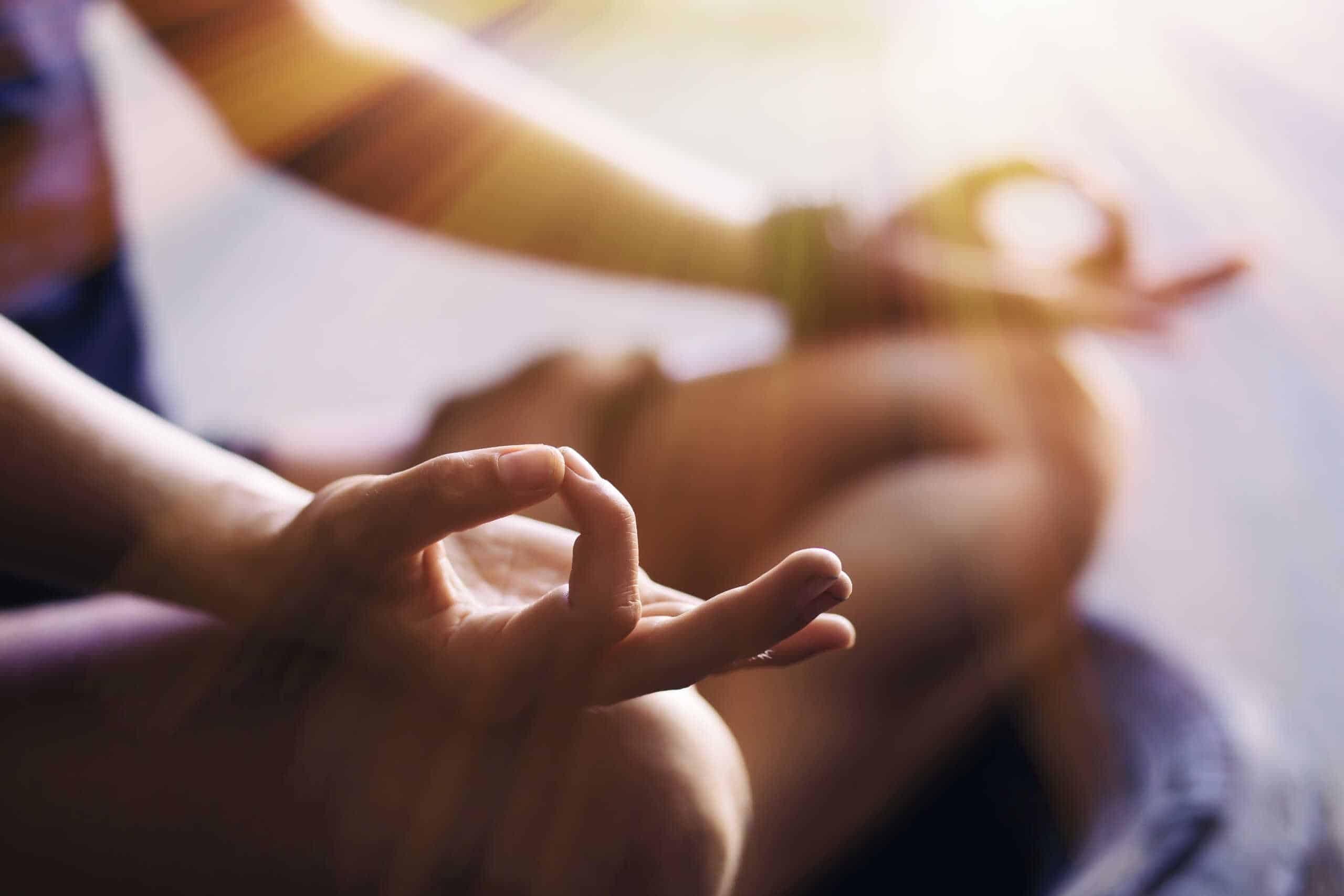Holistic therapy has been a growing trend in health care over the past several years and is used to treat a wide range of conditions and diseases, including addiction. The word “holistic” refers to treatment that addresses the whole person, including mental and social factors, instead of just the physical symptoms and behaviors associated with addiction.
People use drugs and alcohol for a multitude of reasons: to self-medicate physical pain or mental health issues, or relieve feelings of spiritual emptiness. The goal of holistic treatment is to improve the mind, body, spirit connection so a person can understand and resolve their reasons for substance use and experience lasting recovery.
But is holistic treatment actually effective for people in the early stages of addiction recovery?
Holistic, Alternative and Complementary Medicine
“Holistic medicine”, “alternative medicine” and “complementary medicine” are often used interchangeably, but they are each quite distinct. If you’re in the process of finding a treatment center, it’s important to know the differences.
According to an article in Inquiries Journal, “Holism is a philosophy that believes in treating the whole person and in the integration of mind, body and spirit. Holism promotes the belief that these three elements of a human being must be treated together in order to achieve any notion of ‘healing,’ rather than simply treating a person for a specific illness or injury.”
Alternative medicine refers to alternative medical systems, such as traditional Chinese medicine and homeopathy, that are not regarded as orthodox by traditional western medicine. Complementary medicine is treatment given in conjunction with traditional treatment–not in place of it.
At Guardian IOP, we use holistic treatment in a complementary way. Clients focus on improving the mind, body, spirit connection, but in a way that is supplemental to traditional treatment practices, such as the 12-Step program and individual and group therapy.
Types of Holistic Therapy
Holistic treatment takes an interdisciplinary approach, treating substance abuse and addiction by healing mind, body and spirit. Forms of holistic therapy stem from nature and cultural practices, and share one commonality: they’re intended to treat the whole person, rather than just one component of a person’s behaviors or symptoms. Holistic therapies include:
- Acupuncture and acupressure
- Massage
- Aromatherapy
- Reiki and other forms of energy healing
- Yoga
- Meditation
- Herbal medicine
- Nutritional therapy
- Physical activity
- Art therapy
- Music therapy
- Breathwork
- Equine therapy
How is Holistic Therapy Used in Treatment?
Any effective treatment plan must address the entire person and the underlying issues that led to addiction in the first place, not just the behavioral aspect of addiction. Whether or not the methods used are holistic is up to the treatment facility to decide.
Although research has not proven the efficacy of holistic addiction treatment, one study found that a person’s satisfaction with treatment can motivate them to stay and complete treatment, two indicators of a person’s ability to maintain long-term sobriety.
As such, in the world of addiction treatment, holistic therapies are used to improve a person’s treatment experience by complementing more “traditional” forms of therapy, like cognitive behavioral therapy and dialectical behavior therapy.
Is Holistic Treatment Right for Me?
Any treatment center can call itself holistic, even if it doesn’t employ any holistic therapies. If you’re seeking holistic treatment, be sure to thoroughly research all of your options so you can choose a center that meets your needs and will deliver the best results.
At Guardian IOP, we’ve long been proponents of holistic healing. We believe in the importance of the mind, body, spirit connection and use a combination of holistic therapies and evidence-based treatment that helps our clients overcome addiction and achieve lasting sobriety. Learn more about how our services can help you or your loved experience long-term recovery by calling 855-517-1871.

Reviewed for accuracy by:
Anna Marie Barrett LCSW, CYT
Anna earned her Masters of Social Work at Barry University in Miami, FL in 2017 and completed her internship in co-occurring disorders. Anna has a Bachelors of Art in Religious Studies from Naropa University and is a certified yoga and meditation instructor. Anna has received specialized training in somatic counseling with an emphasis on body-centered psychotherapy.




















